 Safaris
Bergsteigen
Wandern
Inselwandern Weltweit
Safaris
Bergsteigen
Wandern
Inselwandern Weltweit
 Europa
Inselwandern
Europa
Inselwandern
 Städtewandern
Städtewandern
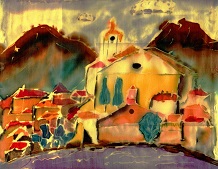 Paintings
Paintings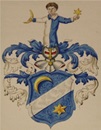 Dirk Rauschenbach
Dirk Rauschenbach
 Safaris
Bergsteigen
Wandern
Inselwandern Weltweit
Safaris
Bergsteigen
Wandern
Inselwandern Weltweit
|
 Europa
Inselwandern
Europa
Inselwandern
|
 Städtewandern
Städtewandern
|
 Paintings
Paintings |
 Dirk Rauschenbach
Dirk Rauschenbach
|
|
z urück Rundreise Südafrika
Pretoria
Vortrekker Denkmal
The
Voortrekkers were a group
of Dutch-speaking settlers, mostly from the Cape Colony, who embarked on
the Great Trek during
the early 19th century (from the 1830s to the 1840s). The term
"Voortrekker" translates to "pioneer" or "forefather" and refers to the
early pioneers who left the British-controlled Cape Colony in search of
greater freedom and land in what is now
South Africa. Their
journey had a major impact on the history of South Africa and the
development of several Afrikaner republics. Here are some important points about
the Voortrekkers and
their role in South African history:
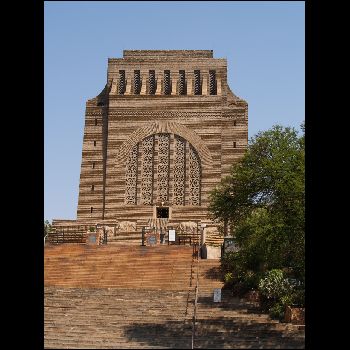
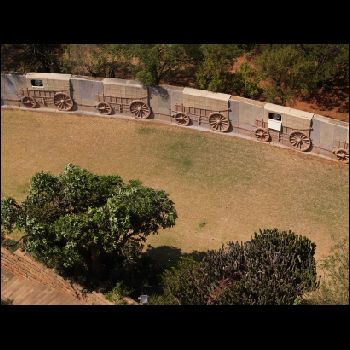
Vortrekker Denkmal Pretoria
Vortrekker
siedler Afrikas
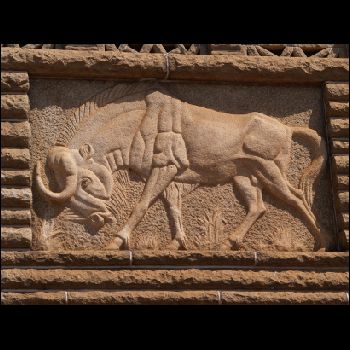
vortrekker #denkmal #pretoria #germany #vw #berlin #volkswagen
#architecture #gticlubsport #deutschland #durban #denkmalschutz
#streetsofbavaria #monument #london #travel #ridealong #nrw #letsdothis
#nature #golf #nofilter #idontcare #photography #freedom #sightseeing
#broment #erkelenz #gauteng #endcoal
1.
The Great Trek:
2.
Establishment of Boer
Republics:
3.
Battle of Blood River (1838):
4.
Legacy and Influence:
5.
Voortrekker Monument:
6.
Controversial Legacy:
Vortrekker Denkmal Hartebeest
.jpg) |
mit schönen Rundumblicken auf die Stadt |
![]() 26.07.25 Copyright Dirk
Rauschenbach Koelnerstrasse 293 51702 Bergneustadt
Datenschutzerklaerung 02261 9788972 Mail ccooly(
at) web.de
26.07.25 Copyright Dirk
Rauschenbach Koelnerstrasse 293 51702 Bergneustadt
Datenschutzerklaerung 02261 9788972 Mail ccooly(
at) web.de